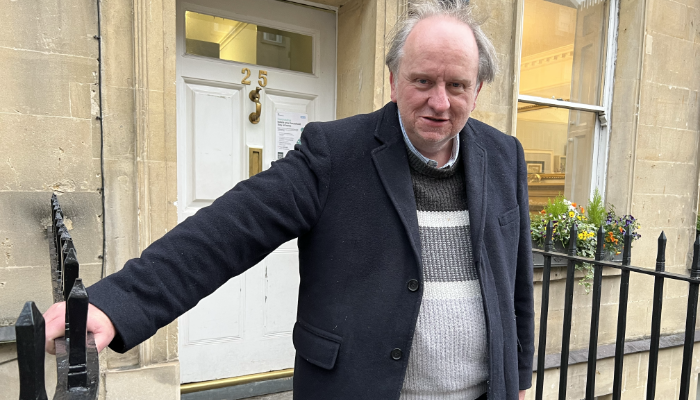I know Microsoft does this, Microsoft has a weekly email that tells you something or other about your wellbeing and your computer use. I don’t know what, exactly, I have never done anything but delete it instantly and briefly wonder if there was an unsubscribe button.
It’s Microsoft, there won’t be.
Apple is as bad. Apple has this thing called Screen Time where each week it tells you exactly how long you’ve been using your Mac, iPad, iPhone, and what apps you were in. Sometimes the total number of hours is up on the week before, sometimes it’s down, never can I do anything about it. I used what I needed, I did what I needed, get off my back.
But.
The one that makes me so ticked off that I appear to have blocked which particular technology monolithic corporation does it to me, is one where I am encouraged to read for so many minutes a day. Like reading is good for you and that’s why you do it, that it’s a health and fitness thing rather than just bloody reading because it’s great.
No machine is ever going to tell me I should read for 15 minutes every day and I will not ever have any machine pat me on the back for doing it.
Only…
About a week ago now, I tried adding something to my To Do app’s daily routine. Read for 15 minutes. If there’s a time set for it, I don’t remember, it’s not a calendar appointment, it’s something to do. Strike that: it’s something I want to do.
So it isn’t that a reminder pops up at a certain time or that there are fireworks when I do it. It’s not that there is this 15 minute block, it’s that I’ve made reading part of my day. It’s on a To Do app, but really in this one case it’s on an Excuse for Doing It app.
There are fewer than half a dozen tasks I have to do every day but I do them every day without fail and have done for many years. I wouldn’t and I don’t think I can add many more to the list, but popping reading on there means that at some point in the day, that’s exactly what I do.
And as well as the “Read for 15 minutes” being on an Excuse for Doing It app, it’s also bollocks. The 15 minutes part. It’s never just 15 minutes. Not because I have some awkward rage against all machines, but because starting something, even something you really want to do, is tough. So much easier to do the next job, especially if it’s for someone else.
So hang on, I can work some of this out. I think it was a week ago that I started this so call that 7×15 minutes. In theory I’ve read for 105 minutes.
In practice I have no clue and no care – but I finished a Star Trek novel that’s been on my desk for months and I also re-read Jane Austen’s Emma. I don’t know if this has made me healthier, I only know for sure that I had a good time.
I’ve been a bit in my head lately and there are better heads to be in. Such as Austen’s, now I think of it. So tomorrow when Screen Time pops up, I will dismiss it with a shrug like I always do, and on Monday when Microsoft bothers me with this crap again, I will growl a bit.
But I might do both over my shoulder as I read.
